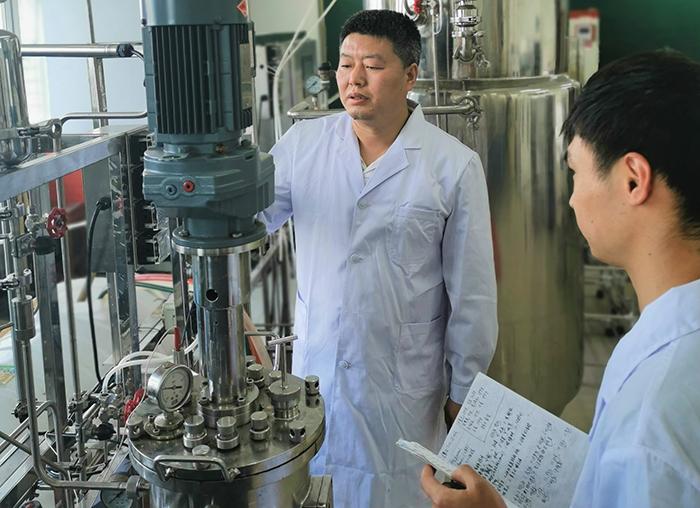
Credit: Zhigang Wang
Large amounts of chemical fertilizers can lead to severe environmental pollution. Biofertilizers are a preferred and sustainable alternative technology that can promote plant health without damaging ecological impacts. Plant growth-promoting rhizobacteria (PGPRs) can be used as biofertilizers and reduce the use of chemical fertilizers and pesticides while also ensuring sustainable and increased production.
While scientists know the benefits of PGPRs, they are still unclear on how these bacteria function. In a recent study published in the Molecular Plant-Microbe Interactions (MPMI) journal, a group of scientists in China studied the Bacillus pumilus LZP02 strain. Using proteomic, transcriptomic and metabolomics techniques, they found that the bacteria could beneficially colonize the rice root surface and promote growth.
“Our study has demonstrated that B. pumilus LZP02 colonizes rice roots and promotes growth by improving carbohydrate metabolism and phenylpropanoid biosynthesis,” explained Zhigang Wang, one of the scientists involved in the research. “These findings show a new light on how microbes and plants communicate in a friendly way.”
For more information about this research, read “Bacillus pumilus LZP02 Promotes Rice Root Growth by Improving Carbohydrate Metabolism and Phenylpropanoid Biosynthesis” published in the October issue of MPMI.
###
Media Contact
Ashley Bergman Carlin
[email protected]
Related Journal Article
http://dx.




